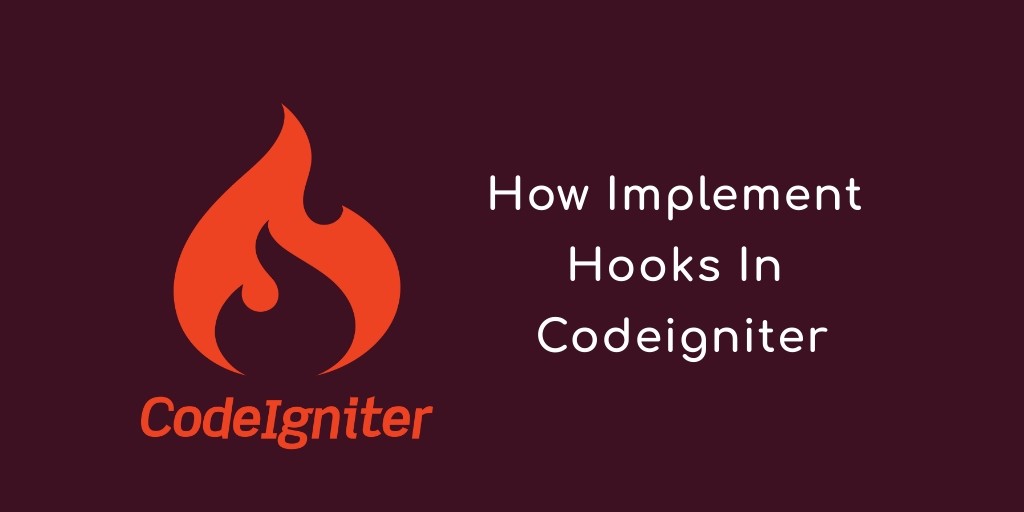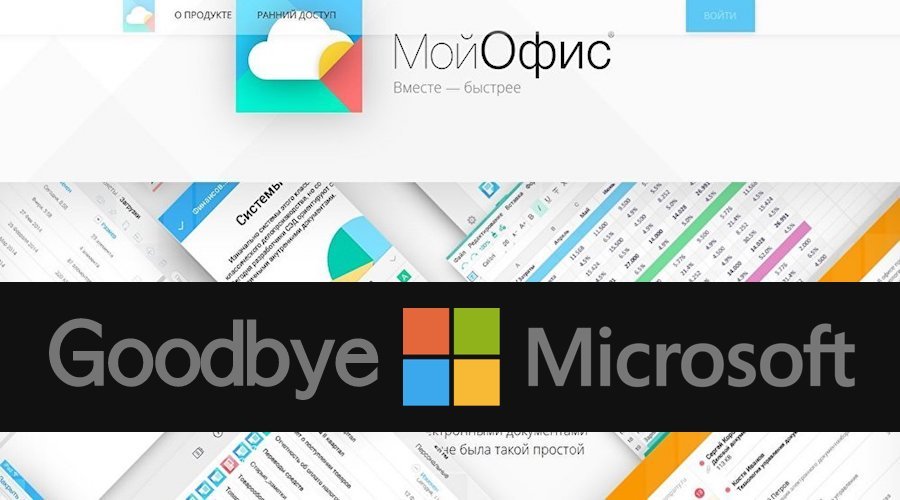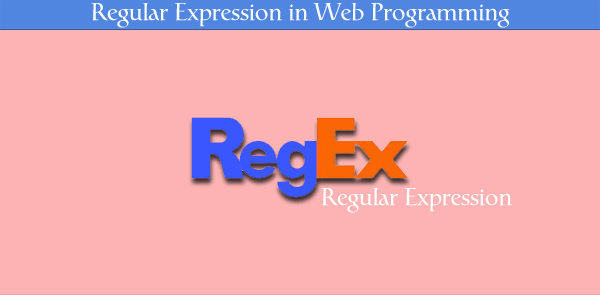n this codeigniter hooks tutorial – we would love to share with you how to implement custom hooks and active this hooks. In this tutorial you will learn about hooks and it’s uses.
CodeIgniter Hooks
CodeIgniter hook allows you to execute a script with the specific path within the CodeIgniter execution process without updating or modifying core files. If you need to execute a code that should be run every time after the controller is created, then you specify that script path in the hook.
CodeIgniter’s hook feature is a means of tapping and modifying the internal workings of the framework without hacking core files.
Enabling Hooks
The hook feature can be enabled / disabled globally, which can set the following item in the app / config / config.php file.
$config['enable_hooks'] = TRUE;
Defining a Hook
The hooks are defined in the app / config / hooksf file. Each hook is specified as an array with this prototype:
$hook['pre_controller'] = array(
'class' => 'MyHook',
'function' => 'Myfunction',
'filename' => 'MyHook.php',
'filepath' => 'hooks',
'params' => array('element1', 'element2', 'element3')
);
Multiple calls to the same Hook
You can use multi-dimensional array to use the same hook point with more than one script, like this:
$hook['pre_controller'][] = array(
'class' => 'MyClass',
'function' => 'Myfunction',
'filename' => 'Myclass.php',
'filepath' => 'hooks',
'params' => array('element1', 'element2', 'element3')
);
$hook['pre_controller'][] = array(
'class' => 'MyClass2',
'function' => 'Myfunction2',
'filename' => 'Myclass2.php',
'filepath' => 'hooks',
'params' => array('element4', 'element5', 'element6')
);
Hook Points
pre_system Called very early during system execution. Only the benchmark and hooks class have been loaded at this point. No routing or other processes have happened.pre_controller Called immediately prior to any of your controllers being called. All base classes, routing, and security checks have been done.post_controller_constructor Called immediately after your controller is instantiated, but prior to any method calls happening.post_controller Called immediately after your controller is fully executed.display_override Overrides the _display() method, used to send the finalized page to the web browser at the end of system execution. This permits you to use your own display methodology. Note that you will need to reference the CI superobject with $this->CI =& get_instance() and then the finalized data will be available by calling $this->CI->output->get_output().cache_override Enables you to call your own method instead of the _display_cache() method in the Output Library. This permits you to use your own cache display mechanism.post_system Called after the final rendered page is sent to the browser, at the end of system execution after the finalized data is sent to the browser.Hook Example
Using a text editor, create a controller called Test.php. In it, place this code and save it to your application/controllers/ directory:
<?php
class Test extends CI_Controller {
public function index() {
echo " world !";
}
}
?>
Using a text editor, create a controller called myhook.php. In it, place this code and save it to your application/hooks/ directory:
<?php
class Myhook extends CI_Controller {
public function index() {
echo "Hello";
}
}
?>
We need to define the hooks in the application/config/hooks directory:
$hook['pre_controller'] = array(
'class' => 'Myhook',
'function' => 'index',
'filename' => 'Myhook.php',
'filepath' => 'hooks',
'params' => array()
);




